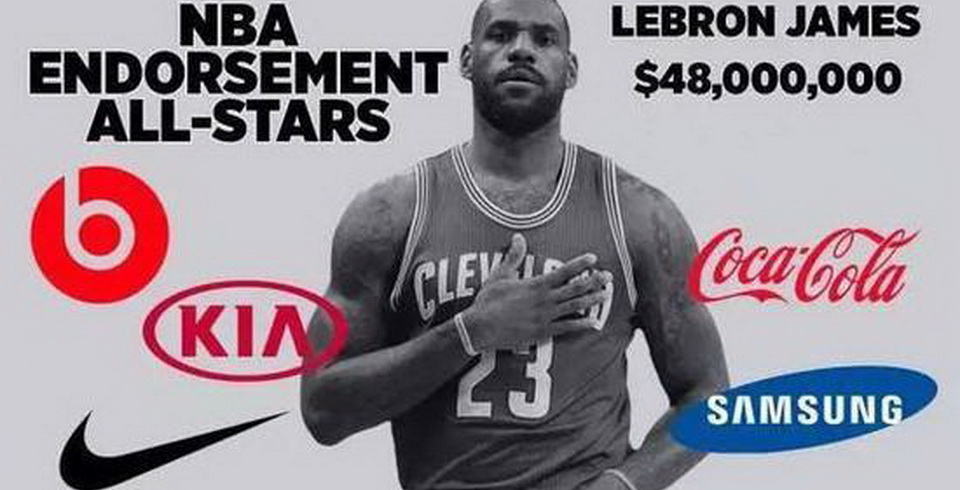You’ve likely noticed some celebrities appearing as spokespeople for various services—for example, William Shatner may be as well-known for his appearances in Priceline commercials almost as much as for his role in Star Trek: The Original Series. You may also have noticed your favorite athlete using one or two different brands of clothing or gear—for example, Tiger Woods has had a long and productive relationship with Nike.
But have you ever wondered about how much influence these attempts at “celebrity branding” truly have over your impressions and buying decisions? The impact here goes deeper than you might think.
Celebrity Branding in a Nutshell
Celebrity branding and endorsements can take many forms, but the end goal is always the same: use the recognizability and visibility of a known celebrity to make your product more visible or be seen in a more favorable light.
To do this, some companies request their celebrities use a product on a regular basis, such as using a specific brand of sports apparel. Others ask celebrities to appear in commercials and other ads. Still others pay celebrities to mention their brand in a social media message.
Effectiveness
There are a few different ways to gauge the true effectiveness—and impact—of celebrity branding. For starters, we can look at the prices paid out to celebrities for their endorsements. In some cases, celebrities can make millions to tens of millions of dollars for associating themselves with a line of products. And according to Marketwatch, the announcement of a major celebrity endorsement is capable of influencing a rise in stock prices, and increase sales by an average of 4 percent. Clearly, there’s something to this practice, or companies wouldn’t be willing to shell out that much money.
We can also look at objective scientific research. One Taiwanese study found that consumers have greater recall of products when they’re associated with a celebrity, regardless of whether they were fans of that celebrity or not. Apparently, all it takes is the recognition factor; if we recognize a face, regardless of whether we like the person behind it, we can’t help but have some kind of connection to it. From there, the product they’re endorsing becomes more memorable, and that lasting memory can influence our purchasing decisions.
According to one study from the University of Arkansas, consumers between the ages of 18 and 24 often model their appearance and identity based on celebrities, whether they mean to or not. This age group is far more susceptible to celebrity branding efforts than other age groups, since even a subtle endorsement of a product or service can persuade someone to purchase it.
Guarding Yourself Against Manipulation
Even if you’re aware of this celebrity endorsement effect, you may still be vulnerable to it. All it takes is one sports match or TV commercial with a celebrity at the forefront to shift your perspective and attention. So what actionable steps can you take to limit your susceptibility?
- Comparison shop. When you’re about to buy something, don’t go with the brand that first pops into your mind. Instead, take the time to comparison shop. Sites like In My Area, Consumer Reports, and Pricewatch are especially good at this; a few minutes of research should let you know whether the brand or product you’re considering is truly worth the money, and whether there’s a less visible competitor that can offer you a better deal.

- Ask yourself “why?” At various points in your buying decision process, ask yourself “why?” Why would this celebrity endorse this product? The answer is, they’re probably receiving monetary compensation. When you think of one specific brand when you need to buy a new product, ask yourself why you thought of that brand. Is it because the last time you saw it was in a commercial with a celebrity?
- Check your information diet. Finally, take the time to modify your information diet. Make sure you’re getting news and information from multiple different sources, and try not to get caught in a loop of seeing the same ads over and over.
Celebrity branding is likely to continue as a major marketing and advertising strategy, thanks to how effective it truly is. And while it’s perfectly acceptable to use these instances as opportunities to learn more about products and services you might purchase anyway, you should also be aware of the psychological effects of celebrity branding—and learn to fight back against them.

